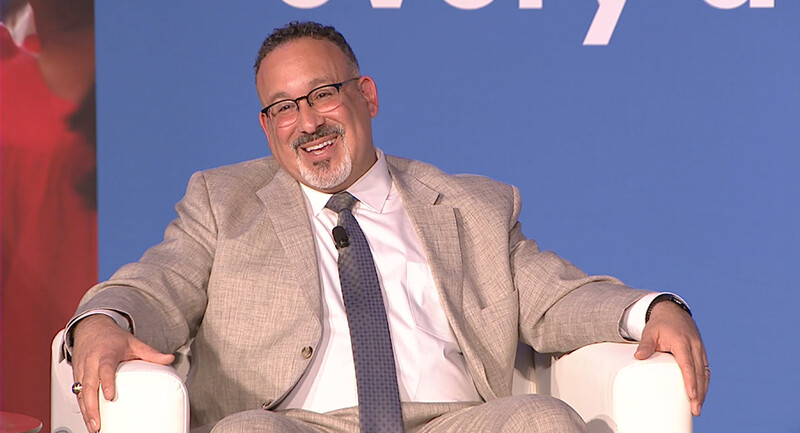After months of inaction, Congress is making some encouraging progress toward passing an FY22 appropriations package that could include significant increases for K-12 education. The current federal fiscal year began on October 1, 2021. Funding for federal government programs, including education, has been maintained at FY21 levels since the fall through a series of continuing resolutions (CR) as congressional leaders figured out how to proceed.
Early on, it looked like Congress might not be able to reach a funding agreement and would punt the whole issue by passing a year-long CR at FY21 levels. That option would be sorely disappointing for educators and students because it would mean no funding increases for schools this fiscal year. It would have been doubly disappointing given that the Biden Administration was proposing a historic $20 billion increase for Title I and a $2.6 billion increase for special education in its FY22 budget.
This funding is distinctly different from the emergency COVID-19 funding Congress provided districts and schools as part of the CARES Act, ESSER funding, and the American Rescue Plan (ARP). Those funds—totaling about $190 billion—were meant to help mitigate the pandemic’s impact and assist in recovery. They are one-time expenditures. Increases gained through the annual appropriations process, however, build the long-term systemic capacity to address educational inequities, establish a higher baseline for next year’s funding request, and help ease the steep “funding cliff” schools will experience when pandemic funding is exhausted.
For this reason, ASCD sent a letter to Congress this month signed by CEO Ranjit Sidhu urging that action be taken quickly. It read, in part:
It is imperative that Congress enact fiscal year 2022 funding rather than continuing to rely on any stopgap or other temporary measures that maintain funding at FY21 levels through the remainder of the fiscal year. Enacting FY22 funding is essential to providing school districts with the specific programmatic supports they need for a robust and effective post-pandemic recovery for students, staff, and schools. These targeted investments will be particularly useful in building the systemic capacity of schools to address the inequities experienced by traditionally underserved students and communities made more visible by the pandemic . . . .The emergency Covid funding was intended, and subsequently used by schools, for pandemic-related expenses. In this regard, the one-time emergency nature of the Covid funding, while both welcome and appreciated, is in no way a substitute for the funds provided by the annual appropriations process. FY22 funding is explicitly to be used for the education-related activities in the programs authorized by Congress to support the long-standing national interests of promoting equity and school improvements so that students graduate high school college, career, and citizenship ready. Enacting FY22 funding increases for education is a critically important investment to bolster schools’ educational supports for the post-pandemic learning progress of students.
On a positive note, an FY22 funding agreement is being worked on by Congressional leaders and there is an emerging consensus on top-line numbers. But there are still plenty of details to be worked out and decisions to be made, particularly about K–12 education funding amounts for specific programs. This is a critical moment in the process.
Educator advocates should contact their senators and representatives to let them know about the need to provide funding increases for education. ASCD has created an email message with these key points to send to your lawmakers. Please do your part in asking for the education funding our schools need and students deserve.








